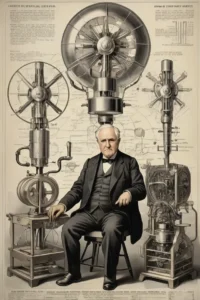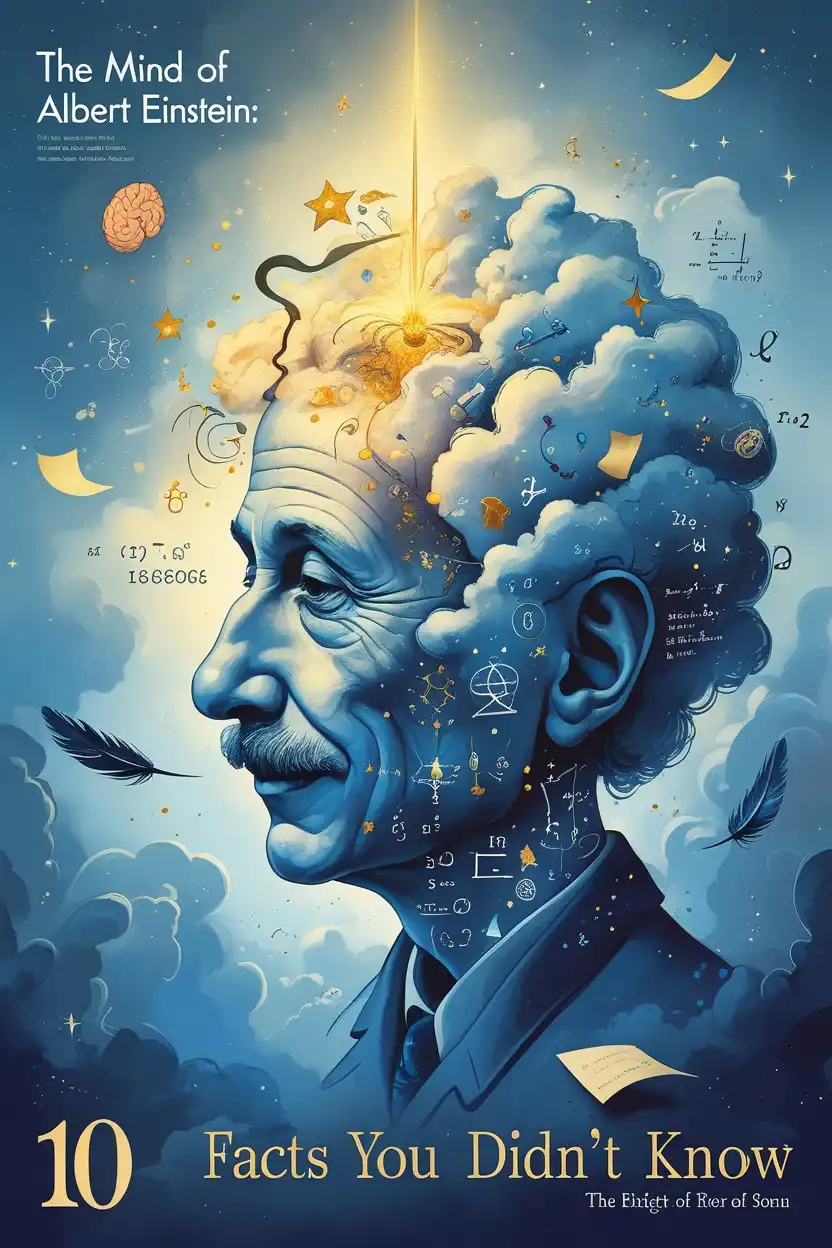In the annals of history, there are few inventions as pivotal as the compass. This humble instrument has not only guided explorers across uncharted waters but has also steered the course of human civilization. “The Timekeeper’s Compass: A Journey Through the Ages” delves into the fascinating evolution of this indispensable tool and its profound impact on our world.
The Birth of the Compass
The compass, as we know it today, finds its origins in ancient China during the Han Dynasty (202 BC – 220 AD). Initially, it was not used for navigation but for divination, helping to align buildings and predict the future. The magnetic properties of lodestone, a naturally magnetized mineral, were harnessed to create the earliest compasses. It wasn’t until the 11th century that the compass found its way into the hands of mariners, revolutionizing sea travel and trade.
Navigating New Horizons
The Age of Exploration owes much to the compass. As European explorers set sail in search of new lands, the compass became an essential tool for navigation. It allowed sailors to determine their direction even when landmarks were out of sight and the stars obscured by clouds. This newfound ability to traverse vast oceans led to the discovery of new continents and the establishment of trade routes that connected distant civilizations.
The Compass and Timekeeping
While primarily a navigational instrument, the compass has also played a role in timekeeping. The concept of using magnetic fields to track time emerged with the development of the magnetic compass clock in the 16th century. Although not as accurate as mechanical clocks, these devices marked an important step in the evolution of timekeeping technology.
Modern Innovations
Today, the compass has evolved far beyond its original form. With advancements in technology, digital compasses are now integrated into smartphones and GPS devices, providing precise navigation at our fingertips. The principles behind the compass have also paved the way for innovations in various fields, from aviation to space exploration.
The Symbolism of the Compass
Beyond its practical applications, the compass holds deep symbolic meaning. It represents guidance, direction, and the pursuit of one’s true path. In literature and art, the compass often symbolizes a journey or quest, both literal and metaphorical. It serves as a reminder that, like explorers of old, we must navigate our own courses through life’s uncertainties.
FAQs
Q: How did the compass change maritime exploration?
A: The compass allowed sailors to navigate open seas with greater accuracy, enabling longer voyages and the discovery of new lands. It was crucial during the Age of Exploration when European powers expanded their empires across the globe.
Q: What is a magnetic compass clock?
A: A magnetic compass clock is a timekeeping device that uses magnetic fields to measure time. Developed in the 16th century, it was an early attempt to integrate magnetism into clockmaking.
Q: How does a digital compass work?
A: A digital compass uses sensors to detect Earth’s magnetic field and determine orientation. These sensors are often found in smartphones and GPS devices, providing real-time directional information.
Q: Why is the compass considered a symbol of guidance?
A: The compass symbolizes guidance because it helps navigate one’s path, whether in literal travel or metaphorical life journeys. It represents finding direction and staying true to one’s course amidst uncertainty.
In conclusion, “The Timekeeper’s Compass: A Journey Through the Ages” highlights not only the technological advancements brought about by this remarkable instrument but also its enduring legacy as a symbol of exploration and discovery. As we continue to chart new territories in our ever-evolving world, the compass remains a steadfast companion on our journey through time.





